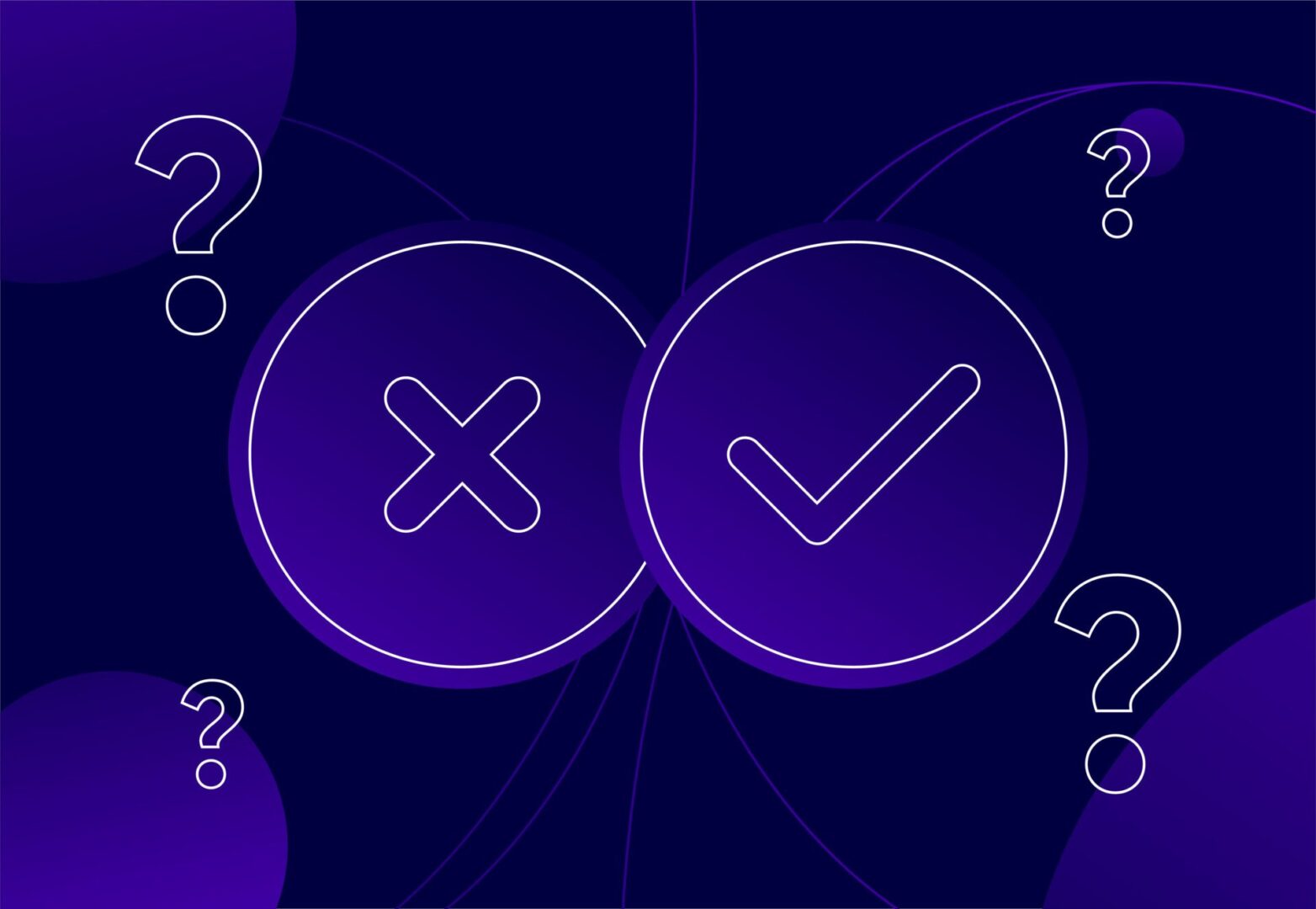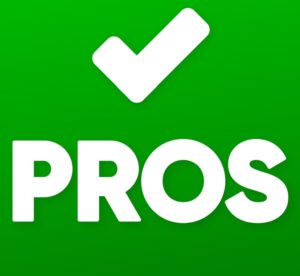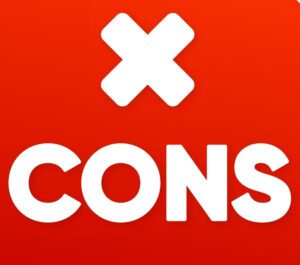PPC platforms are the bread-and-butter of any successful campaign, serving as powerful tools for businesses looking to infiltrate new audiences and reach fresh customers. So whether you’re looking to nab sales, grow an audience or simply ‘get out there’ with your strategy, the platform you use can have its own perks and problems.
In this blog post, we’ll take a closer look at the various pros and cons of the most popular PPC platforms – helping you make a more informed decision for your campaigns.
So let’s get into it!
Google Ads
Often the go-to for most PPC-ers, Google Ads provides huge reach across search engines by pulling on text, video and images – super useful for targeting chosen interests and demographics.
Granular Targeting: Google Ads lets you target highly specific terms, taking a closer look at factors such as demographics, interests, and keywords.
Multiple Ad Formats: Unlike other platforms, you can utilise other formats such as text, image, and video ads for more varied and interesting campaign strategies.
Detailed Analytics: Google Ads offers comprehensive data, allowing you to accurately track campaign performance – this is especially useful for choosing your next steps.
High Competition: As it’s such a popular platform, competition for higher-volume keywords can be tough – which can quickly make things costly.
Complexity: With plenty of features, getting to grips with Google Ads can be a long process.
Cost: As we touched on before, actively bidding on terms can quickly become expensive for more competitive industries, which will need ongoing budget management.
George, PPC Lead, on Google Ads:

“Google ads can genuinely build businesses and drive success and scale for small businesses, providing futures in certain circumstances, however the things i dislike are mostly relative to the changes google are doing to try push profits, auto apply reccomendations, the removal of full search term visibility, less insights into data and more automation. The more hidden Google makes it, the more it is about who is spending the most.”
Microsoft Ads
Compared to Google Ads, this is a more budget-friendly option for search ads. By targeting users on Bing and potentially reaching older demographics, this is a solid option for those who likely use Microsoft products.
- Cost-Effective: Bing usually has a lower cost-per-click compared to Google Ads for similar keywords.
- Cortana Integration: By using Voice search, there’s the potential to reach Windows users through Microsoft’s famous digital assistant.
- Lower Search Volume: Although it’s less competitive, there’s a much smaller audience compared to Google’s sprawling search network.
- Limited Targeting Options: Bing offers fewer targeting options compared to Google Ads, which can result in a lower click-through rate.
Meta Ads
Perfect for PPC campaigns focusing on brand awareness and social media engagement, Meta Ads allow for highly targeted image and video advertisements based on user interests.
- Highly Targeted: Compared to other platforms, Meta offers incredible targeting capabilities based on a variety of category heuristics, demographics, interests, and online behaviour.
- Strong Engagement: Perfect for brand awareness and boosting social media engagement.
- Limited Search Intent: Users on Facebook and Instagram aren’t always in ‘search mode’ – especially as it’s a social networking site.
- Potential for Ad Fatigue: Users are often less receptive to ads if overexposed on social media.
- Data Privacy Concerns: New privacy regulations can impact your activity.
YouTube Ads
In a similar vein to YouTube SEO, utilising this platform allows you to tactically place video ads and text-based campaigns before, during, or after YouTube videos. This is perfect for reaching viewers actively engaged with content, jumping on a captive audience.
- Multiple Campaign Goals: Utilising ads on this platform can help fulfil various goals such as brand awareness, website traffic, and lead generation.
- Skipping Behaviour: Just because an audience is captive doesn’t mean they stay. Users can easily skip video ads, limiting reach and engagement.
- Targeting Challenges: Targeting can be less precise compared to more keyword-based search ads.
Need PPC expertise? That’s where we come in.
Understanding the scope of PPC platforms is key for any marketer, whether you’re starting a strategy from scratch or looking to present a useful resource for companies of all kinds.
Hopefully, this guide can help you decide if they’re the right one for you. It’s crucial to thoroughly consider the advantages and disadvantages – especially before you start a new strategy or bidding tactic.
But if you need a little extra help, our PPC experts can help you make the right choice. Whether you need a PPC campaign starting from scratch or simply need a little more guidance when it comes to handling your existing build-outs, look no further than Embryo.
To start your journey, why not get in touch for a personalised PPC audit from our consultants?
FAQs
Answered by Callum Leonard
Are some platforms cheaper than others?
Microsoft is typically cheaper but its data accuracy is less.
Is it better to use niche platforms or big advertising platforms?
It’s better to typically use Google for scale, accuracy and release of new functionality. Start with Google but Microsoft is developing and releasing updates, so you could always expand with an additional budget.
Should I use the platform best suited to my customer demographic?
Yes, there can be more suited demographics on different platforms. Google has a 90% market share so they cover all user demographics.














